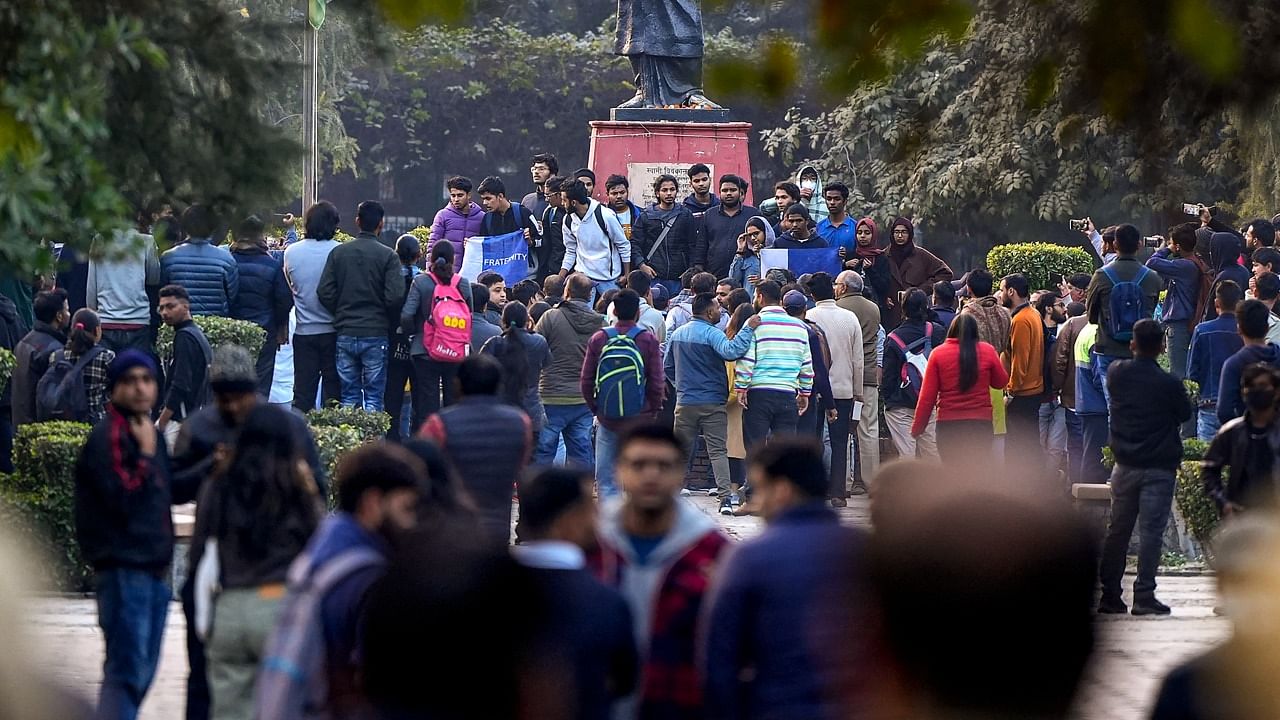
About a week ago, the BBC released a two-part documentary entitled, India: The Modi Question, focused on the Gujarat riots of 2002. They took place under the watch of Narendra Modi, the then Chief Minister of the state. For the vast majority of informed Indians there is little in the documentary that is especially novel. It suggests that Modi did not act with alacrity to stop the violence, that the principal perpetrators have not been punished and that the Indian Supreme Court, after weighing the available evidence, dismissed the charges against Modi.
Subsequent to the release of the film, a former British Foreign Secretary, Jack Straw, in an interview with the prominent Indian television journalist, Karan Thapar, confirmed that under pressure from British Muslims of Gujarati origin, he had instructed the British High Commission in New Delhi to conduct an investigation into the matter. The report from the High Commission stated that Modi was “directly responsible” for the violence in Gujarat.
The documentary, in concert with the interview, has generated considerable anger in Indian official circles. The spokesman of the Ministry of External Affairs, Arindam Bagchi, at a press conference has accused the BBC of a “colonial mindset” that was “blatantly visible” in the documentary. When students at Jawaharlal Nehru University sought to screen the film, power was cut off. Similarly, at Jamia Millia Islamia several students were detained after they attempted to show the film.
What explains the government’s extraordinary sensitivity to this subject? Why has it resorted to these draconian measures to limit public access to the film? After all, barring Jack Straw’s revelation about the British High Commission probe, there is little or nothing that is especially revealing or shocking about the Gujarat violence of two decades ago in the film.
The answers to these questions are complex. At the outset, it is well-known to most Indian journalists and commentators that the Modi government is actively hostile toward any criticism of its policies. To that end it has acted quite vindictively toward a number of prominent journalists who have questioned the government's policies and political choices. It has also reacted sharply to criticisms of its democratic record from any number of international human rights organizations ranging from Human Rights Watch to Amnesty International. In September 2020, charged with allegations of violations of India’s foreign currency laws, Amnesty International was forced to shutter its operations in India. The government has also summarily dismissed the Swedish Varieties of Democracy project’s lowered rankings of India’s democratic standing.
Also read | An era of e-Emergency?
Beyond its intransigence toward criticism of its policies, it can be surmised that Prime Minister Modi himself would like to shunt aside any reminders of the squalid Gujarat episode. Allegations of his indifference to or complicity in the riots had led the United States Department of State to deny him a visa in 2005. Subsequent to his election to the premiership, as is well known, the United States had shifted its stance. Nevertheless, it is reasonable to infer that the visa denial issue, and, in particular, the stated reasons thereof, still rankle him and his supporters. Given the BBC’s global reach, the release of this documentary, particularly at a time when his government is in a celebratory mood with India’s assumption of the G-20 presidency, no doubt amounts to a most unwelcome assault on the image of global leadership that Modi is trying to cultivate.
The tragic irony, of course, is that in its ham-fisted attempts to limit the reach of the documentary, it has needlessly highlighted its significance. Worse still, it has successfully piqued greater interest in the film. To use a popular metaphor from the world of sports, it has managed to score a self-goal.
(The writer is a Distinguished Professor of Political Science and holds the Tagore Chair in Indian Cultures and Civilizations at Indiana University, Bloomington, US.)